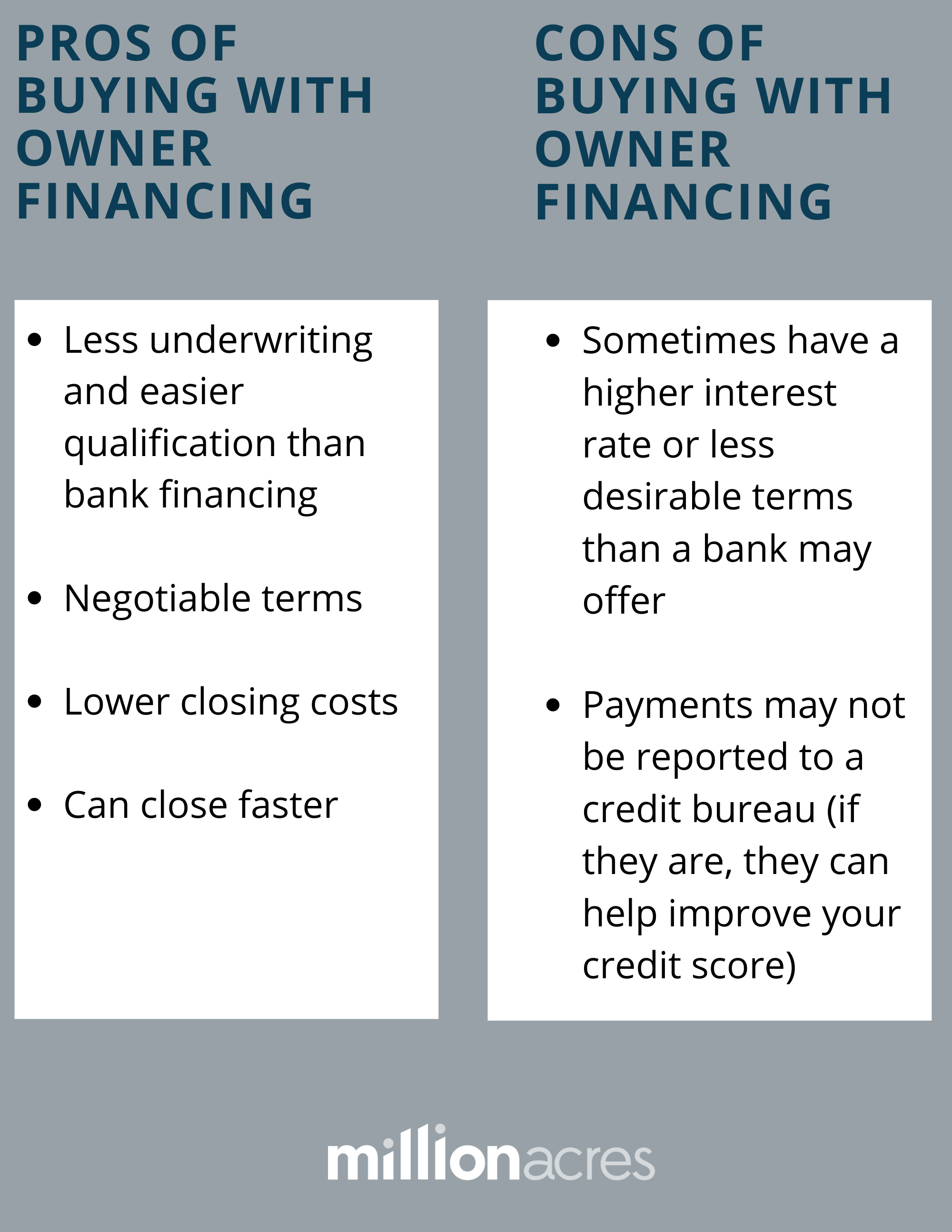banks' effort to weed out potentially risky customers (How to find the finance charge). Here, a family fishes in Belize City. REUTERS/Jose Cabezas By Yeganeh Torbati, Image editing: Steve Mc, Kinley, Graphics: Christine Chan, Design: Catherine Tai, Video: Thomas Rowe, Edited by Ronnie Greene Follow Reuters Examines.
The overseas market is mostly a result of the progressively globalized nature of the world's financial and business systems that have all however demolished territorial boundaries. This opening paved the way for the utilization of local resources for international need opening when localized areas of commerce to an international market. As an outcome, companies with organization and financial deals that were mainly trans-national, ended up being mindful of the purposelessness of paying taxes in high-tax jurisdiction. Like any self-fulfilling liberal economy, wherever there is a need, a supplier is never far behind - and overseas tax-efficient structures filled that gap. The fundamental nature of a liberalizing global monetary system is that it comes up with innovation by continuing to reinvent itself both from within and in action to the constantly moving international weather forces.
It is not surprising, for that reason, that the offshore industry has needed to reimagine itself, offered the existing stigmatization and in action to the tightening up policies performed by global monetary authorities such as FATF and OECD. Hegemonic federal governments have actually co-opted much of the multilateral organizations and have made them their mouthpiece for disseminating their own political agenda. As a result, smaller sized nation-states, and targeted overseas jurisdictions, are required to adopt such arrangements due to economic and political pressure. Offshore Financial Centre (OFC) have come under fire due to their favoritism of non-resident overseas companies and their low tax environments that attract foreign financiers.
Some Ideas on How To Use Quickbooks For Personal Finance You Need To Know
Low tax chances are given to capital that remains outside the borders in which the entity is incorporated. For example, while the entity might exist in Panama, if all income abroad and is utilized in any business deals within the nation then the entity is devoid of capital gains, dividends taxes, corporate taxes and so on. Foreign capital and investment entities naturally seek to find environments that are most advantageous. Offshore Financing Centres are environments that have actually been developed business policies providing business non-resident entities an area to exist within the economic landscape. Frequently finance centres lie in smaller underdeveloped areas.
Not being able to compete with the more recognized modem financing centers, they use: Low tax rates Privacy laws Minimal regulative structure Strong asset security legislation By using advantages in return have the ability to charge registration and annual integrating costs to companies and people who integrate. Financial centres, such as the Cayman Islands and the BVI, create over half of their country's' GDP through offshore financing. Due to the dominating liberal financial order, it is essential to see how much these days capital defies geographical borders. It is within every people self-interest to look for natural advantages and is compelled to do what is within its own self-interest.
They are popular because they provide: Political and financial stability Efficient business laws Tax treaties No exchange manages Top-level monetary services Minimal reporting and regulatory framework The irony of this is much of the exact same business structures and tax practices found in what are standard overseas monetary centers are not simply found in small remote islands however can be found in significant standard finance centers. Places like Hong Kong and Singapore and even the US, UK, Ireland and Netherlands all have aspects of secrecy, very little guidelines and tax advantages for non-resident business. Tax Havens worldwide have actually Website link been persecuted due to the fact that of their perceived unjust tax environment; leading to a reaction from high tax countries in their effort to keep tax income from leaving their coasts.

The Only Guide to How To Finance An Engagement Ring
1. Cayman Islands 2. United States 3. Switzerland The fact that the TJN ranked the United States among the world's most secretive financial center is much more ironic seeing that it was the American Federal federal government that came down hard versus tax havens following the 2008 financial crises. In their witch hunt versus tax sanctuaries, countries that did not comply with the United States and by extension the OECD were put on the wicked "blacklist". The "blacklist" implicates nations for stopping working to attend to among other things: 1. Tax evasion 2. Lack of transparency 3. Insufficient policies; and 4. Uundermine other high-tax jurisdictions.
In addition, vacation ownership for less the US's hesitation to sign the CRS, instead requiring other countries to accept their variation, the FATCA clearly reveals the one-sided implementation of tax reform. Offshore Financial Centers will continue to become part of the world's financial makeup, due to the dominating liberal global economy that will likely see the more reduction of trade barriers, growth of online transactions between customers and businesses, and the boost in movement of capital between nations. While regulations must be used to make sure the legality of business and finance, it should guarantee policies are implemented uniformly and not simply done to serve the interest of those countries that manage multinational institutions.

Jamaica, like many other island countries, is susceptible to the increasing severe weather condition exacerbated by environment modification. The nation is committing to environment action on an international level and making advances on climate adaptation and strength regardless of hard financial scenarios. T wo years ago, Colleen Williams took a 13-week water-harvesting course that assisted her minimize her family usage by about a 3rd, from 45,000 gallons a year to 29,000. How to find the finance charge. The knowledge she acquired allowed her to make usage of rainwater, use less from the tap and cut expenses she also hopes it could benefit future generations. "I have been interested in sustainability and making my environment much better for my grandchildren," the 60-year-old charity secretary told the Thomson Reuters Foundation.
An Unbiased View of How To Use Quickbooks For Personal Finance
The job is part of the Caribbean island nation's donor-backed program for climate resilience, which has helped Jamaica earn a worldwide track record for addressing environment change. On the ground, nevertheless, regional ecological activists have actually raised issues about the adequacy and consistency of the federal government's climate strategies, especially when it comes to safeguarding forests. Jamaica is among a handful of nations that have actually submitted a second, more powerful "nationally determined contribution" (NDC) for the Paris climate accord, ahead of a Dec. 31 due date. Pearnel Charles Jr., Jamaica's minister of housing, urban renewal, environment and climate modification, stated his nation, which sent its NDC at the end of June, sees itself as a leader "in this crucial area worldwide".
Jamaica is acutely vulnerable to climate change, depending on the course of destructive typhoons and susceptible to drought, flooding and severe heat. On a global scale, its contribution to the emissions warming up the planet is miniscule compared with significant economies. Nonetheless, its NDC includes a target to minimize emissions by 25% from company as normal levels by 2030. That represents an increase of more than get more info 60% from its very first NDC, with over four-fifths of the cuts originating from the energy sector, Charles stated. Jamaica now depends on heavy fossil fuels, but the new plan includes a shift to cleaner energy sources, such as solar and wind power, stated Una, Might Gordon, principal director of the climate modification department at the Ministry of Economic Growth and Task Production.